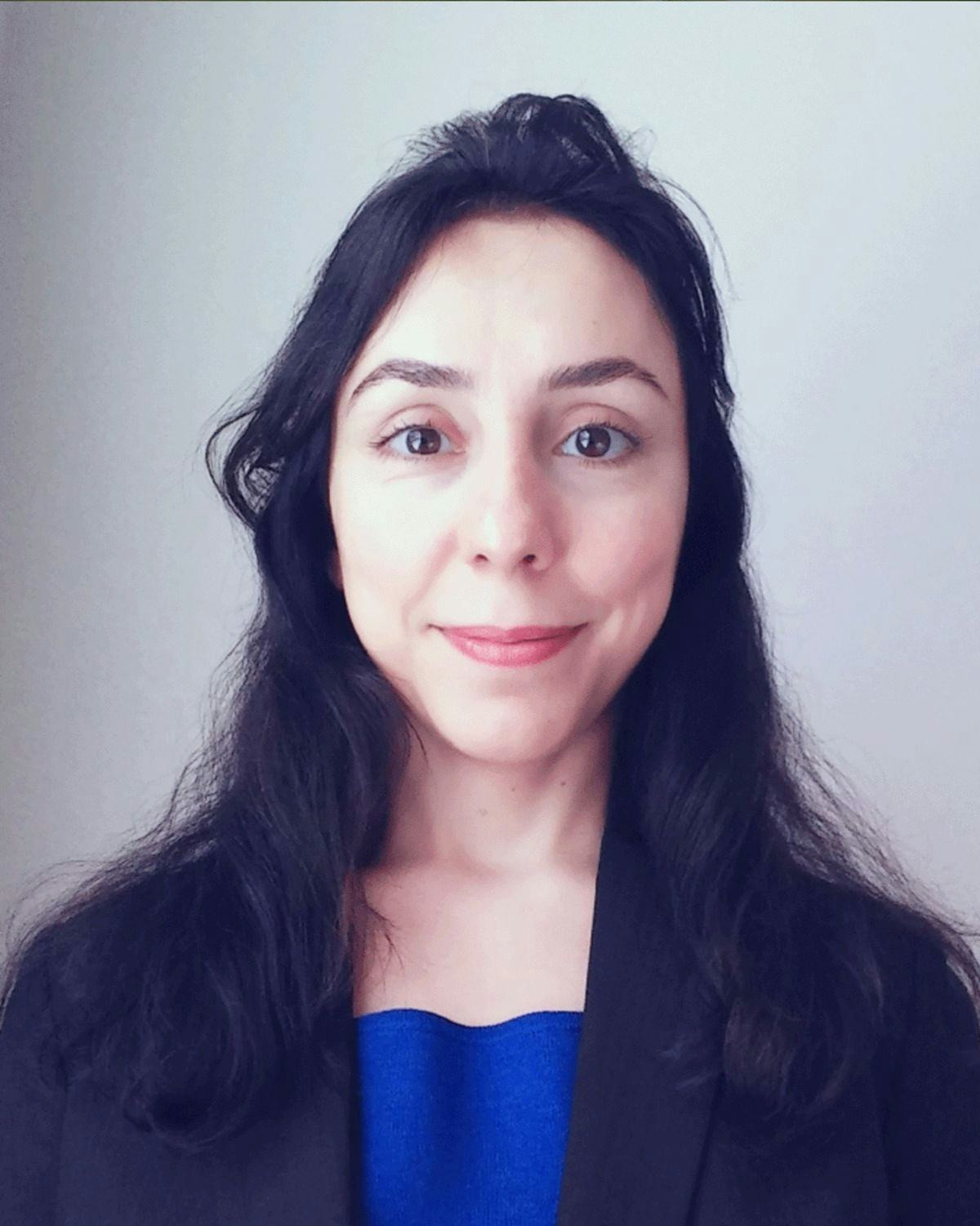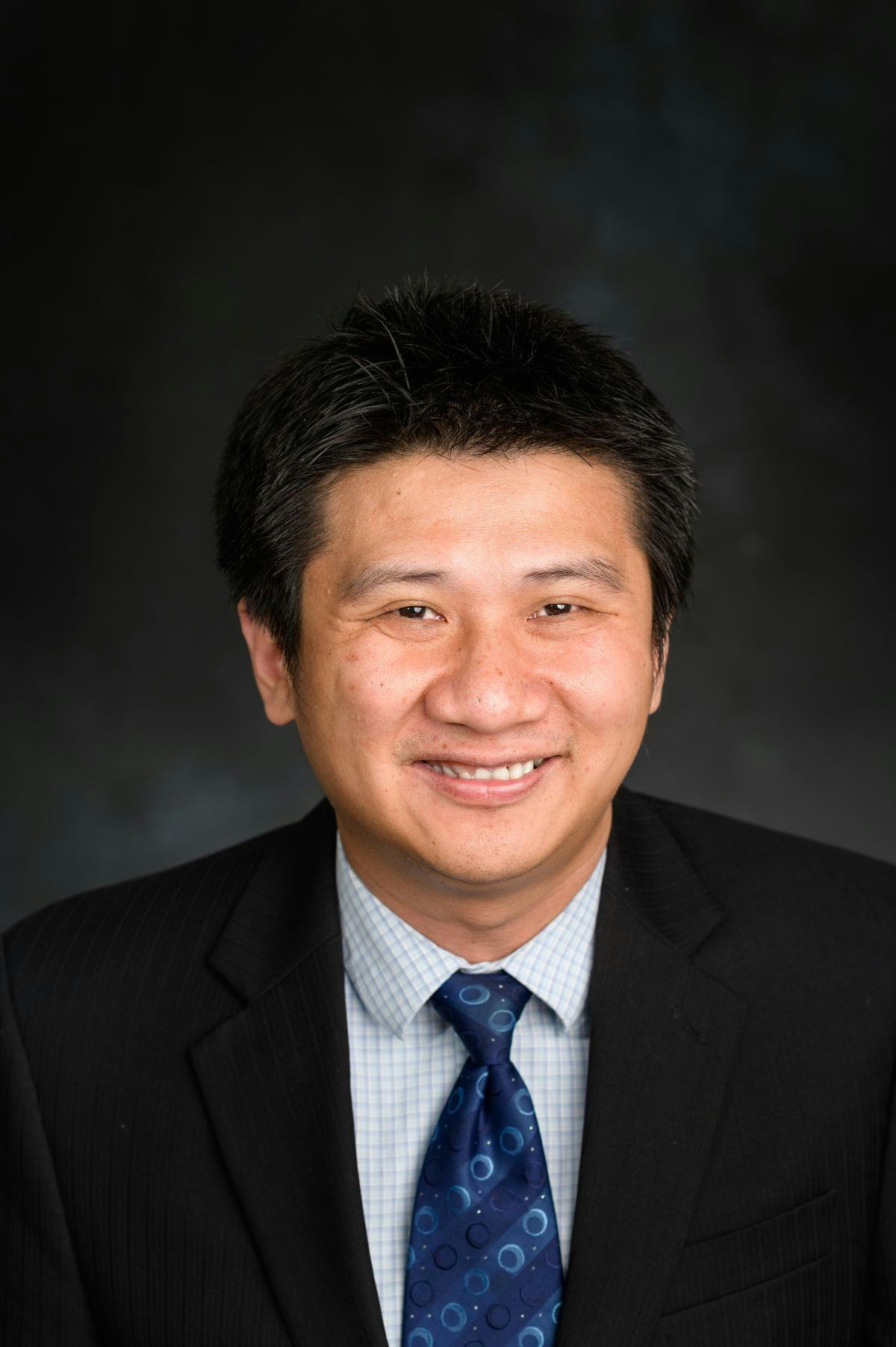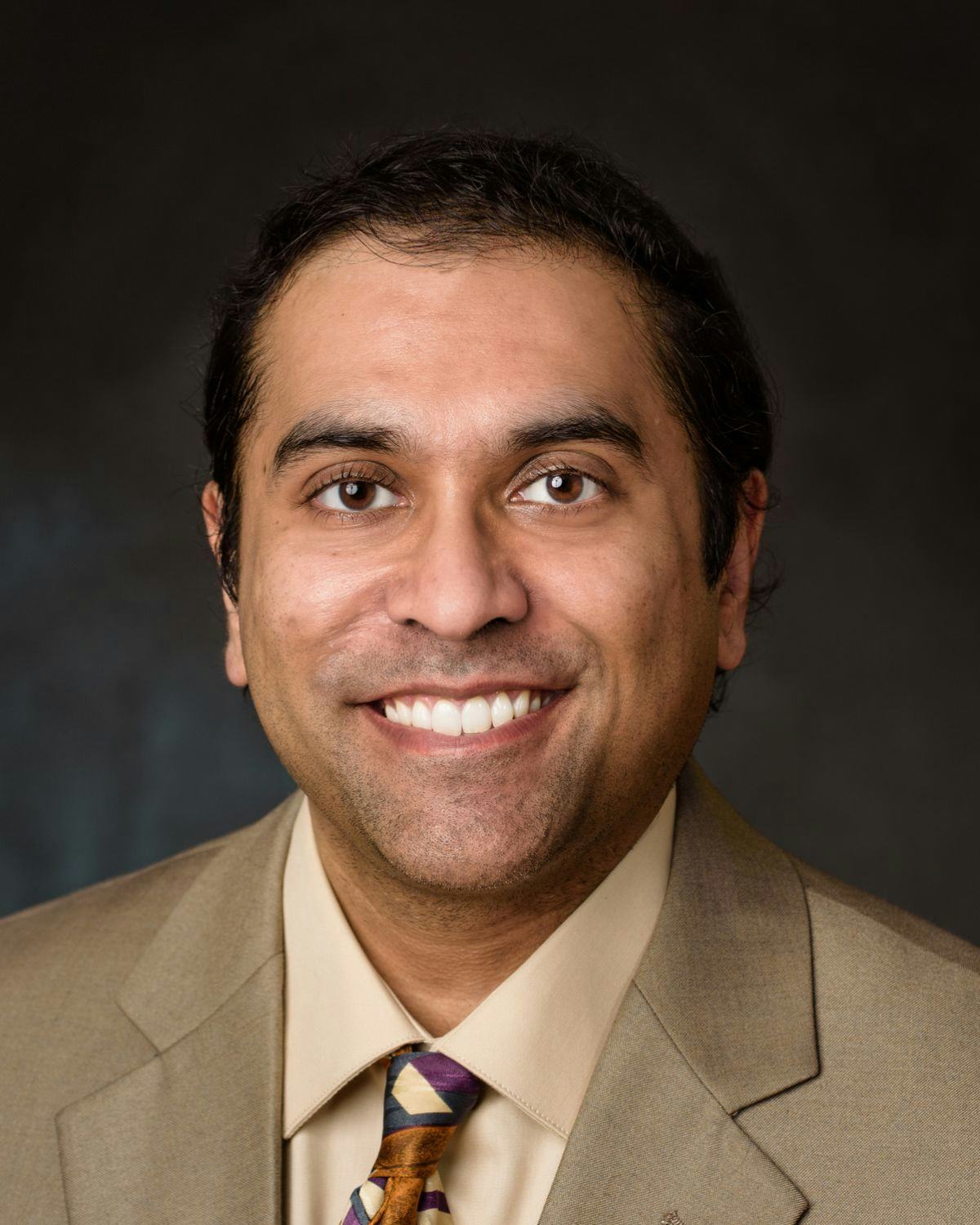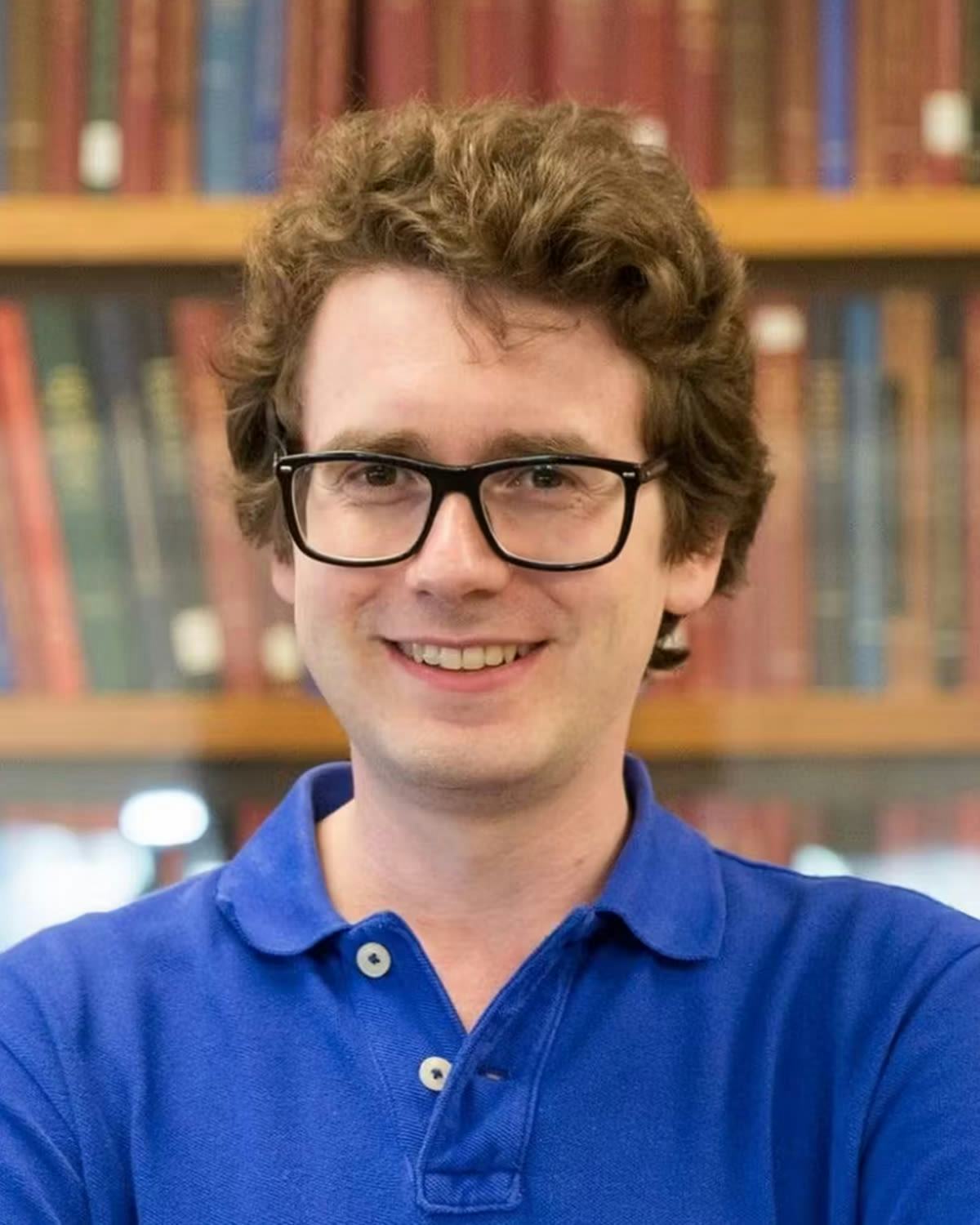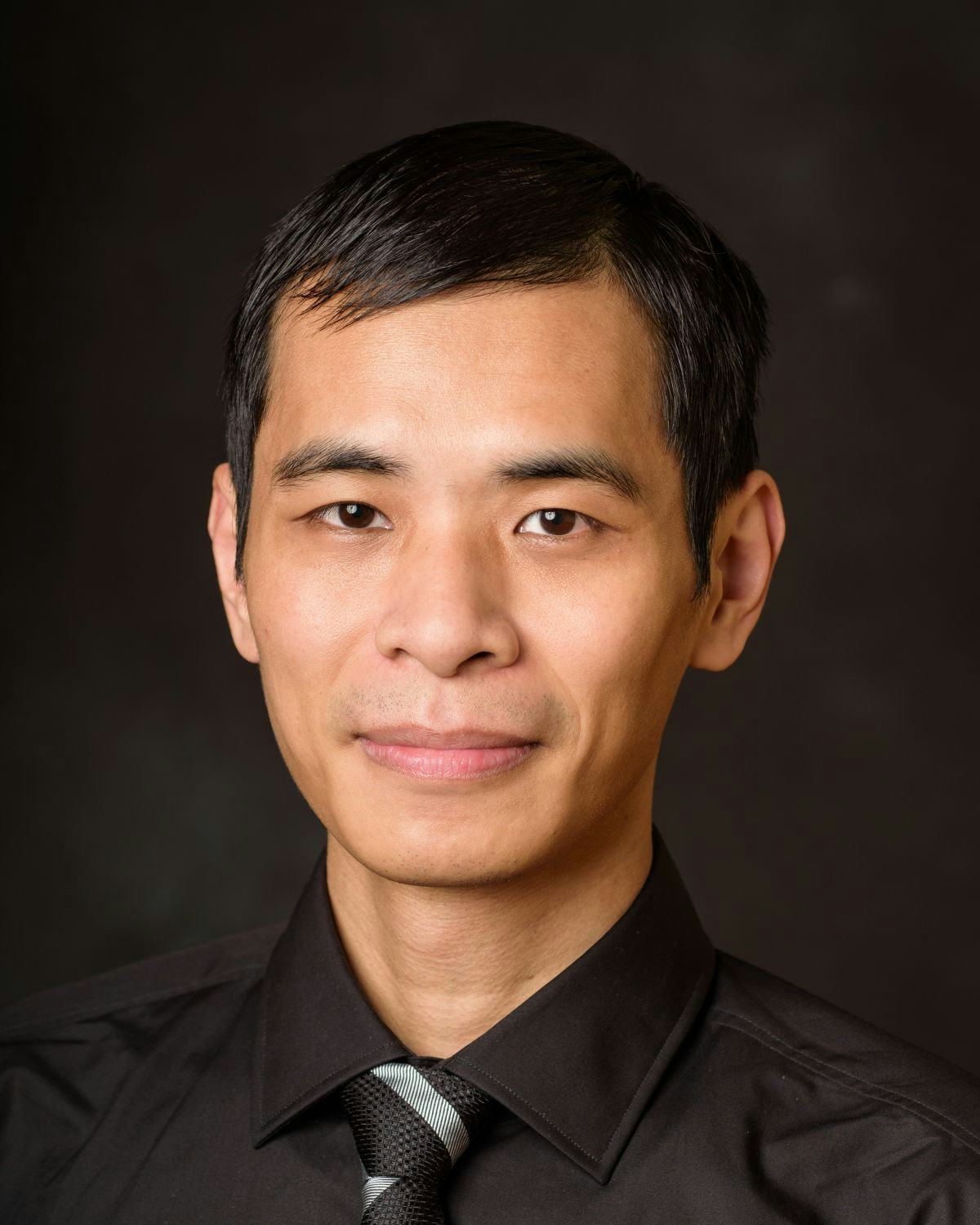Schaefer School of Engineering and Science Sets Record with Five NSF Career Awards
Elnaz Banan Sadeghian, Yu Gan, Raviraj Nataraj, Igor Pikovski and Jie Shen were all bestowed 2023 National Science Foundation honors as exemplary early-career researchers and educators
The Stevens Institute of Technology Schaefer School of Engineering and Science was well-represented among the 2023 National Science Foundation (NSF) CAREER Award recipients.
Achieving an all-time high of awards for the school this year, five faculty members have snared one of the most prestigious and sought-after awards for junior faculty in the U.S.: Department of Electrical and Computer Engineering Assistant Professor Elnaz Banan Sadeghian; Department of Biomedical Engineering Assistant Professors Yu Gan and Raviraj Nataraj; Department of Physics Assistant Professor Igor Pikovski; and Department of Computer Science Assistant Professor Jie Shen.
The NSF CAREER Award recognizes the immense dedication of early-career faculty to developing innovative research and education for their organization’s advancement. Typically funding five years of ongoing research with a minimum award of $400,000, the award lauds select junior faculty as the most exemplary teacher-scholar role models in the country in science, technology, engineering and math.
Elnaz Banan Sadeghian: Designing Next-Generation Data Storage
For Banan Sadeghian, the NSF award will provide $550,469 in funding toward her research into some of the thorniest problems associated with two-dimensional magnetic recording — an advanced storage method that could soon make it possible to load up to 10 terabits (1 trillion bits) of data onto a single square inch of hard-drive media.
Titled “Multitrack Read Channel Designs for Modern Two-Dimensional Magnetic Recording,” the project seeks to develop noise prediction, synchronization and symbol detection algorithms to improve data recovery and to develop more efficient methods of converting analog data signals that will increase data density.
Yu Gan: Improving Biomedical Imaging Technology
For his efforts to shatter the limitations of biomedical imaging technology through his project “Developing Algorithms for Object-Adaptive Super-Resolution in Biomedical Imaging,” Gan received a $600,000 grant. The project focuses on delivering a triple benefit of higher quality, higher speed and lower cost for a host of imaging systems, including optical coherence tomography (OCT), histological microscopy, confocal images, MRI and ultrasound.
Gan has also introduced a graduate-level Stevens course, “Machine Learning in Biomedical Engineering,” in which he shares his research into machine learning and artificial intelligence for biomedical engineering applications. The CAREER award has additionally allowed Gan to expand educational outreach opportunities to local middle schools via high-tech demonstrations designed to help inspire the next generation of researchers to explore artificial intelligence and its potential benefits.
Raviraj Nataraj: Personalizing VR for Motor Skills Therapy
Nataraj’s work as the principal investigator of the Movement Control Rehabilitation Laboratory has uncovered how a patient’s physical and mental states can be leveraged to improve motor skills therapy training speed, effectiveness and outcomes. For his efforts to personalize a virtual reality therapy platform based on how a patient both performs and feels, the NSF awarded Nataraj’s project titled “Personalizing Sensory-Driven Computerized Interfaces to Optimize Motor Rehabilitation” a $622,287 grant.
Nataraj said his sensory-driven training platform could also easily be adapted for other research and industrial purposes — such as remote-controlled robots or vehicles — that could benefit from having more intuitive control of a device via a virtual surrogate. The framework could also be used in everyday devices such as smartphones or smart wearables, such as customizing an interface’s font size or text placement in real time based on a user’s level of focus or fatigue.
Igor Pikovski: Enabling the Search for Quantum Gravity
Pikovski, who was also recently selected to receive the Stevens Presidential Fellowship Award, was awarded $514,230 for his project, “Towards Low-Energy Tests of Quantum Gravity with AMO Systems.” The project seeks to address conceptual and practical challenges of resolving quantum theory and Einstein’s theory of general relativity.
While both theories have been proven experimentally and withstood the test of time, it remains a puzzle how to combine them into a single framework. Pikovski’s work will leverage today’s advances in quantum technology and quantum information science and apply them specifically to the search for signatures (characteristics) of gravity at a quantum scale. Science has yet to establish a quantum theory of gravity or to identify a proven method for searching for it.
The project will significantly advance this young and promising research field by providing realistic paths for new tabletop and space-based experiments, by overcoming current technical and conceptual drawbacks, and by supporting quantum technology development for basic science.
Jie Shen: Improving Fairness and Reducing Bias in Machine Learning
Shen won a grant of $590,661 for his project, “Robustness, Active Learning, Sparsity and Fairness in Classification.”.
Shen’s research focuses on the theory of machine learning and finding ways to make it more cost-efficient and fair. Machine learning as a field focuses on the design of programs that learn the rules of categorization from the data they categorize. As the problems that computers are tasked with solving become more and more complex, so does designing those programs and the need to eliminate assumptions of data that create biases.
Shen’s goal is ultimately four smaller projects, he said: to design new algorithms that “can tolerate adversarial corruptions in the data, mitigate data annotation costs, circumvent the curse of high dimensionality, and fortify models with fairness guarantees.”

